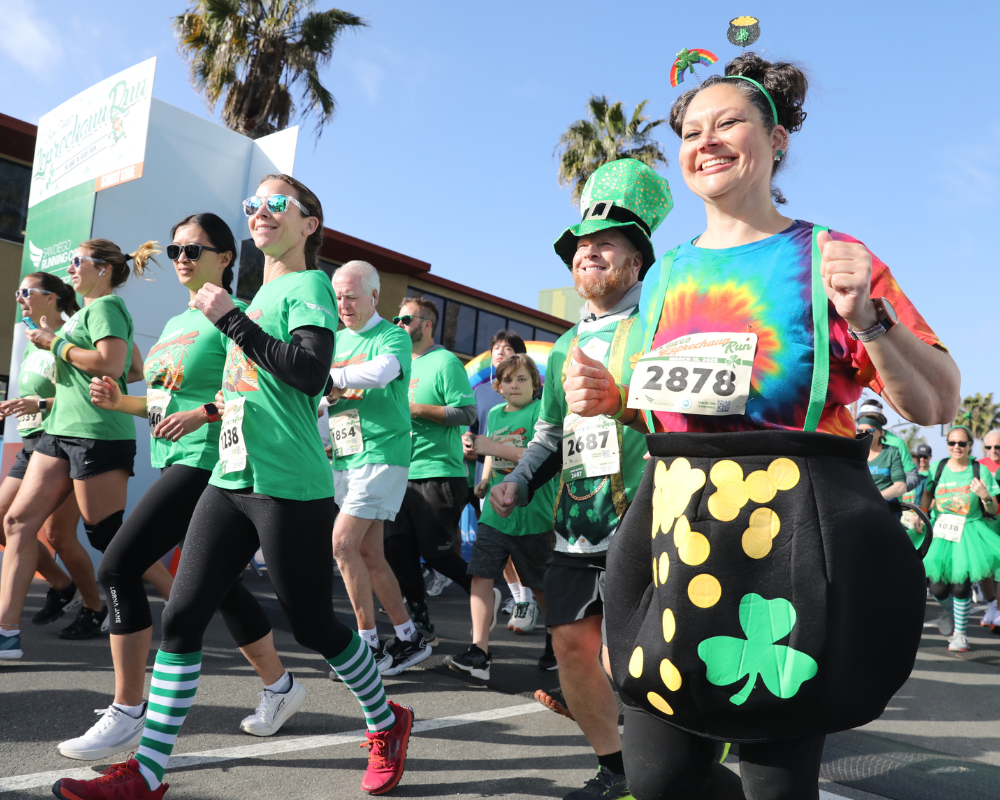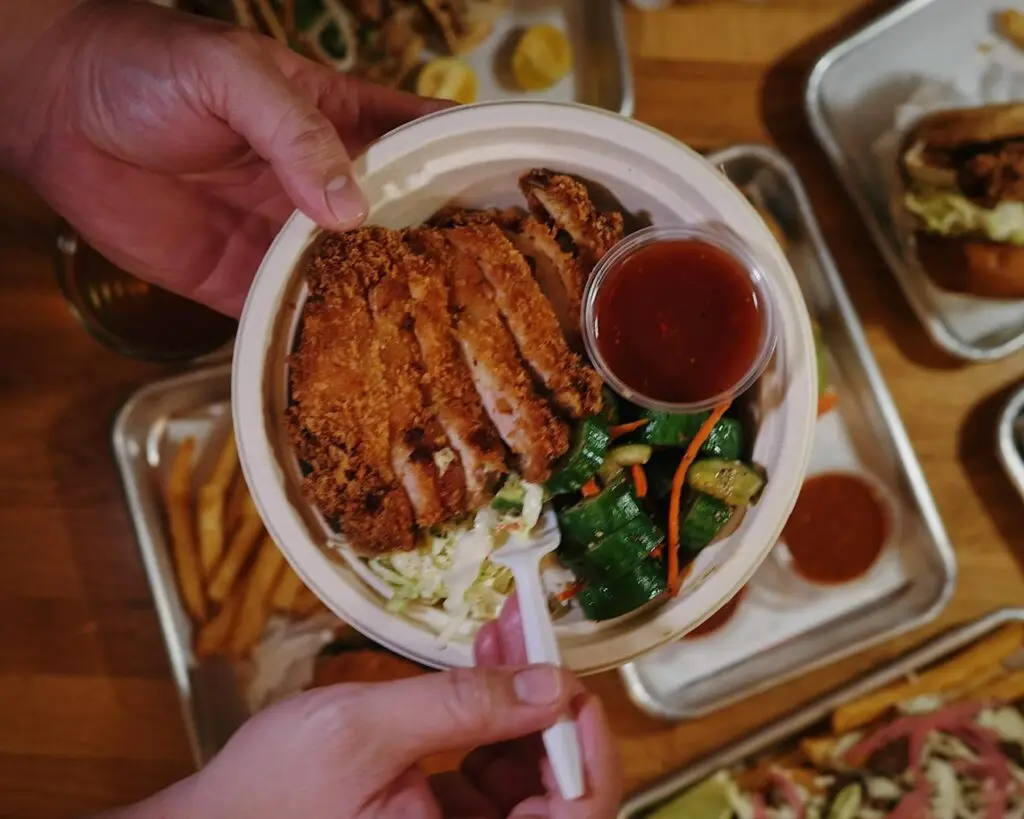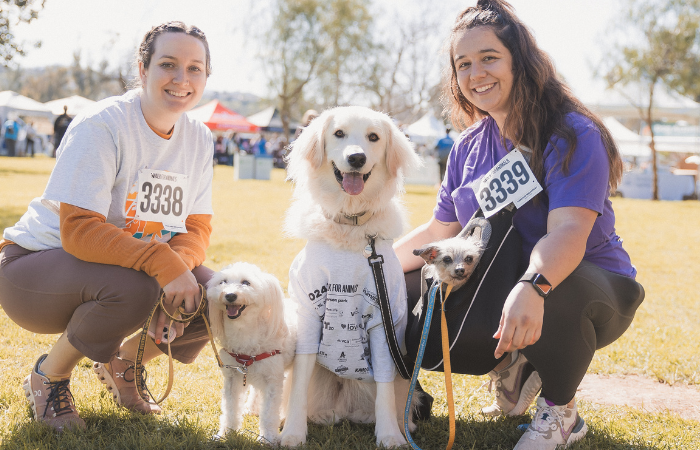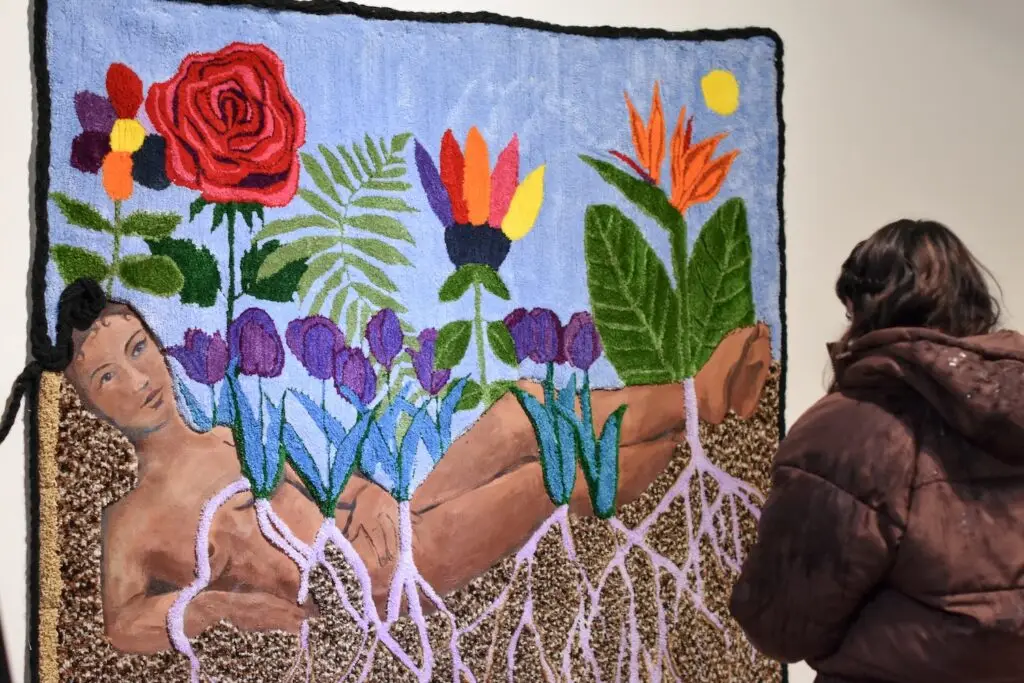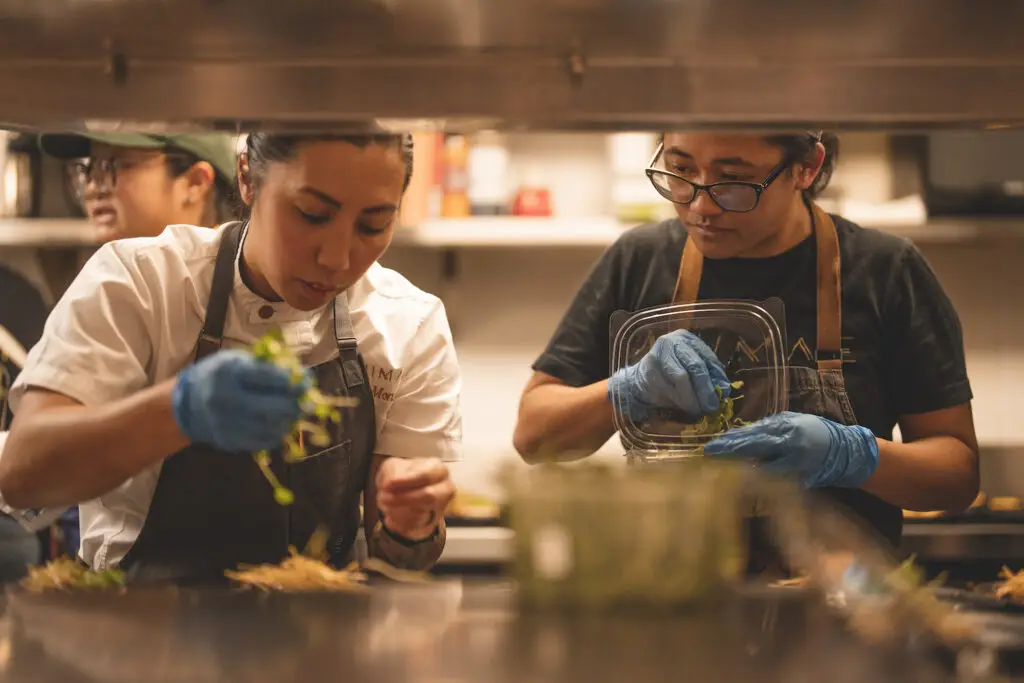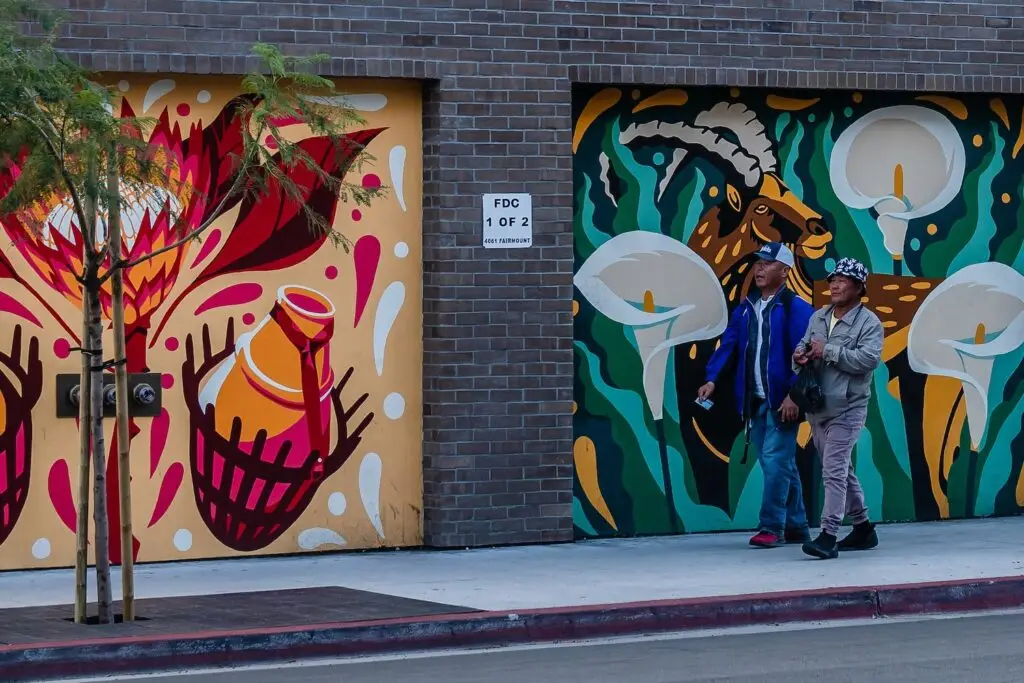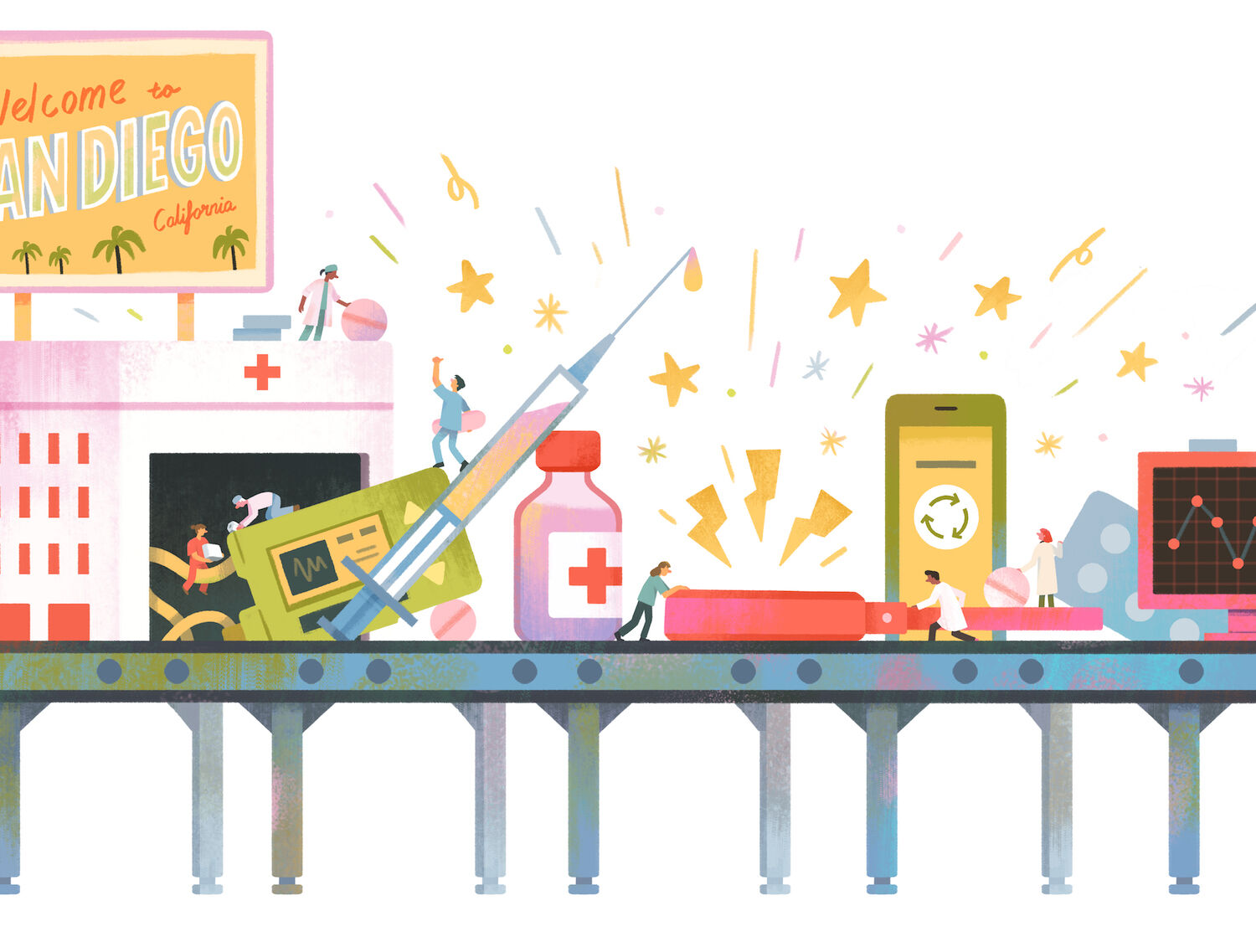
clinical trials
Illustrations by Ileana Soon
For those with an arm or a mouth to spare, San Diego scientists are in need. They’re armed with pills and injections that may contain the future of healthcare, the big breakthrough. They may protect people from a virus like Covid-19, treat a disease such as diabetes, or offer insight into the next steps toward a cancer cure.
“The advances of tomorrow will come from clinical trials being conducted today,” says Dr. Thomas Buchholz, chief scientific officer at Scripps Health. This city is a hot spot for clinical trials, a vital component of medical research. At least 2,400 are currently underway in the San Diego region, testing treatments for conditions ranging from psoriasis to phantom limb pain. That’s 7 percent of all active clinical trials in the nation.
“San Diego has a robust portfolio of trials, largely due to the excellence of our health care systems and the strength of our scientific and biotechnology communities,” says Dr. Buchholz. In fact, pharmaceutical companies turned to hundreds of San Diegans to test five Covid-19 vaccines that are now authorized for use around the world: Moderna, Pfizer-BioNTech, AstraZeneca, Johnson & Johnson/Janssen, and Novavax.
Being a part of the future has its pros and cons. Subjects often get paid, and they may gain access to cutting-edge treatments. But experimental medications may not work as well as existing drugs or cause serious side effects. In many trials, some patients get placebos instead of real medications. This is a routine part of the process to determine whether there’s any benefit to the drugs, but it may leave sick patients without a treatment that turns out to be effective.
Despite the risks, clinical trials attract participants who hope to help usher in a healthier future. And in some cases, clinical trials are the best option for patients with life-threatening diseases. “Some cancers become resistant to the standard approaches, and clinical trials can offer the greatest hope in this setting,” says Buchholz.
Here’s a look at several important clinical trials that are underway in the San Diego region.
Breast Cancer
Can Radiation Treatment Be Shortened?
Scripps MD Anderson Cancer Center is testing whether it’s feasible to adjust the time that certain breast cancer patients require radiation. Subjects will receive the same cumulative radiation dose, but they’ll be randomly assigned to get it over 3 or 5 weeks. Researchers will study how the patients fare and explore whether the shorter treatment period improves their quality of life.
Atrial Fibrillation
Could Surgery Be a Good First Treatment?
People with atrial fibrillation, a kind of irregular heartbeat, typically start treatment by taking blood thinners to prevent clots. But blood thinners can cause bleeding and bruising. At Sharp Chula Vista Medical Center and Scripps Memorial Hospital, cardiologists are recruiting patients to undergo implantation of a Watchman FLX left atrial appendage closure device as a first-line treatment. The device prevents blood clots from escaping a part of the heart where they may form between heartbeats.
Depression
Can Brain Therapy Help Patients Who Can’t Feel Pleasure?
Patients whose depression doesn’t respond to medication often turn to transcranial magnetic stimulation (TMS), in which short magnetic pulses stimulate nerve cells. UCSD is testing TMS in patients who have depression with anhedonia—an inability to feel pleasure. The goal is to expand personalized medicine, in which patients get treatments that are the ideal options for their specific conditions.
Long Covid
What Does It Mean for Kids and Young Adults?
Rady Children’s and UC San Diego are working to understand how long Covid—wide-ranging symptoms including fatigue, joint pain, headaches, “brain fog,” fever, shortness of breath, anxiety, depression, chronic cough, sleep problems, and more that last beyond infection—is affecting children and young adults up to age 25. The study also hopes to identify more concrete risk factors for developing the condition, the incidence of which is not currently known but is estimated to occur in about 10-30% of people who have had acute Covid-19 infections. Participants do not need to have had Covid-19 or suffered long-term effects after infection to participate in this $1.5 billion, four-year-long nationwide study that is in part funded by the National Institutes of Health.
Exercise
Will Trolley Access Boost Public Health?
PARTNER CONTENT
UCSD is tracking 465 people who work on the La Jolla campus for over two years in the wake of the opening of a new San Diego Trolley station. The researchers expect they’ll find that access to public transit improves health by boosting well-being, lowering depression, and improving quality of life.

